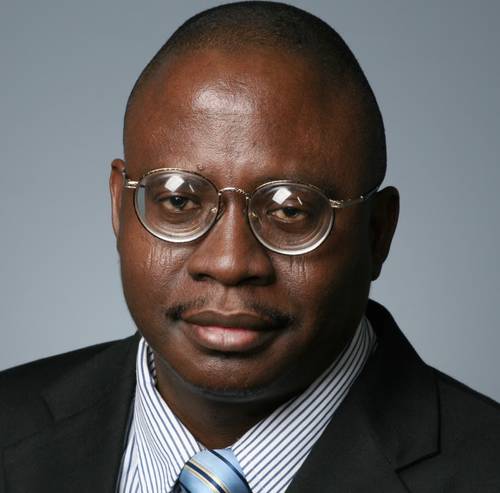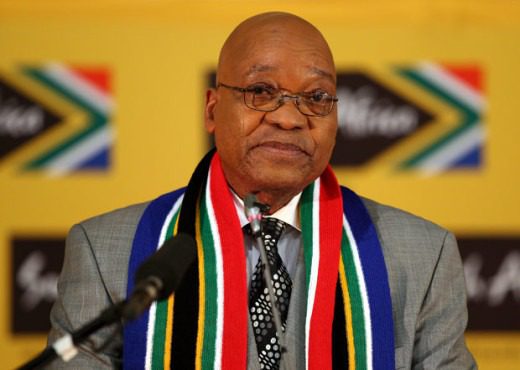Democracy & Governance
Of Shuttle Diplomacy and Buhari’s Mission -By Akeem Soboyede


Akeem Soboyede
Much has been made of the more than 22 countries President Muhammadu Buhari has visited since he assumed office last May 29th. According to critics, since that day of his inauguration, the president has managed to take in the sights of much of the world outside what Nigeria has to offer, from the proverbial North and South, to the East and West, and all points in between.
As far as the critics are concerned, Nigeria’s president has attended more than his fair share of the gatherings that constitute high-wire power meetings around the global stage. Instructive here are the G-7 Summit in Germany, the United Nations General Assembly meeting in New York, the Climate Change Summit in France and the Commonwealth Heads of State Summit in Malta, among many, many others.
Those who now uncharitably view – and dismiss – the Buhari government as an “Ajala Presidency” are not swayed by narratives contrary to theirs. They ignore salient facts that the bulk of Buhari’s trips outside the country are really working visits, not the state-level functions used by the hosting country to massage the ego of the visiting dignitary amidst an unending supply of diplomatic niceties.
Such nay-sayers thumb their noses at the very persuasive evidence that when this president visits a foreign country, great things tend to flow back to Nigeria. That when the president visited China at the head of the China Investment Forum, his presence and subsequent meeting with the Chinese president enabled both countries to sign six collaboration agreements, including those in such vital areas as agriculture and food production improvement techniques; rail and power infrastructure development and other pacts that would surely enable indigenous Nigerian companies achieve the much-needed economies of scale in areas of vital importance to the Nigerian economy.
Also largely ignored in the diatribes against the president’s foreign trips is the incontrovertible fact that his outreach – and visits – to leaders of neighbouring countries in the West African sub-region led to actions that have assisted with the maintenance of the country’s territorial integrity in recent months, specifically the diminution of the vexing Boko Haram insurgency.
It was in the wake of such “shuttle initiatives”, especially after Buhari assumed the Presidency, that the close to 3,000-man anti-Boko Haram military coalition consisting of troops from Nigeria and some of those neighbouring countries actually came into fruition. While the idea was mooted and developed during the immediate past administration, it never gained traction until Buhari took office, largely through recognition by those neighbours that there was a renewed determination on the part of the sub-region’s largest and most influential country to make Boko Haram a spent force wherever it reared its ugly head.
It was also clearly not due to a surfeit of insurgent goodwill that the now-largely ragtag Boko Haram group recently “gave up” one of its captives, Aminat Ali, who was part of the celebrated “Chibok Girls” the insurgents captured more than two years ago. The girl’s escape from the infamous Sambisa Forest, and her capture and subsequent joyful release into the happy embrace of her family, friends and the federal government, was largely a direct consequence of Buhari’s much-effective “shuttle diplomacy” on behalf of the Nigerian state and her people.
No other issue brings to the fore the important nexus between President Buhari’s storied foreign trips and the importance of such to the Nigerian state at this time than what I have chosen to label as “Fantastically Corrupt-Gate”, initiated by none other than British Prime Minister, David Cameron.
Just a few days before hosting the first Anti-Corruption Summit, slated for May 12 earlier this year, Cameron chose the auspicious occasion of a programme in honour of British Queen Elizabeth’s 90th Birthday, to casually remark to the monarch that countries whose leaders would be attending the Summit were “fantastically corrupt”! Cameron clearly indicated Nigeria was on his mind for that very wrong reason.
Incidentally, Justin Welby, the Archbishop of Canterbury and spiritual leader of the world’s Anglican faithful just happened to be standing with the Queen and Prime Minister Cameron as the latter made his “foot-in-the-mouth” statement. According to now well-known reports of that encounter, the Archbishop quickly reacted to Cameron’s statement by saying “…But this particular president is not corrupt… he’s trying very hard…” The latter was widely and rightly interpreted – and correctly so – as a reference to Buhari and his government’s well-known resolve to take on the corruption menace head-on in the Nigerian polity.
What followed was emblematic of Buhari’s apparent resolve to effectively tackle many of Nigeria’s problems by making his presence felt, literally, in the centres of world power and influence more likely to lend significant helping hands to Nigeria at arguably this very critical moment of her greatest need and vulnerability. In a video that also made the rounds all over the world – and after he had travelled to London for the event! – President Buhari was shown being warmly received by Archbishop Welby, the latter’s staff and other well-wishers at a meeting in the Archbishop’s office in London.
Against the backdrop of Prime Minister Cameron’s uncharitable – if painfully true – statement about corruption in Nigeria, the contrast with Buhari’s warm reception at the Archbishop’s office was starkly vivid: the Muslim leader of Africa’s most populous country being received with visible sincerity and warmth by the leader of one of the major Christian denominations in the world. It was clearly a gross negative turned into a positive, all facilitated by the presence of President Buhari at the right place, and at the right time.
Let’s face it: President Buhari’s much-maligned “foreign trips” constitute an integral part of his apparent mission to finally restore Nigeria on the path to the glory she has more than deserved since her inception as an independent country close to six decades ago.
Akeem Soboyede is a journalist and a US-trained lawyer.




















